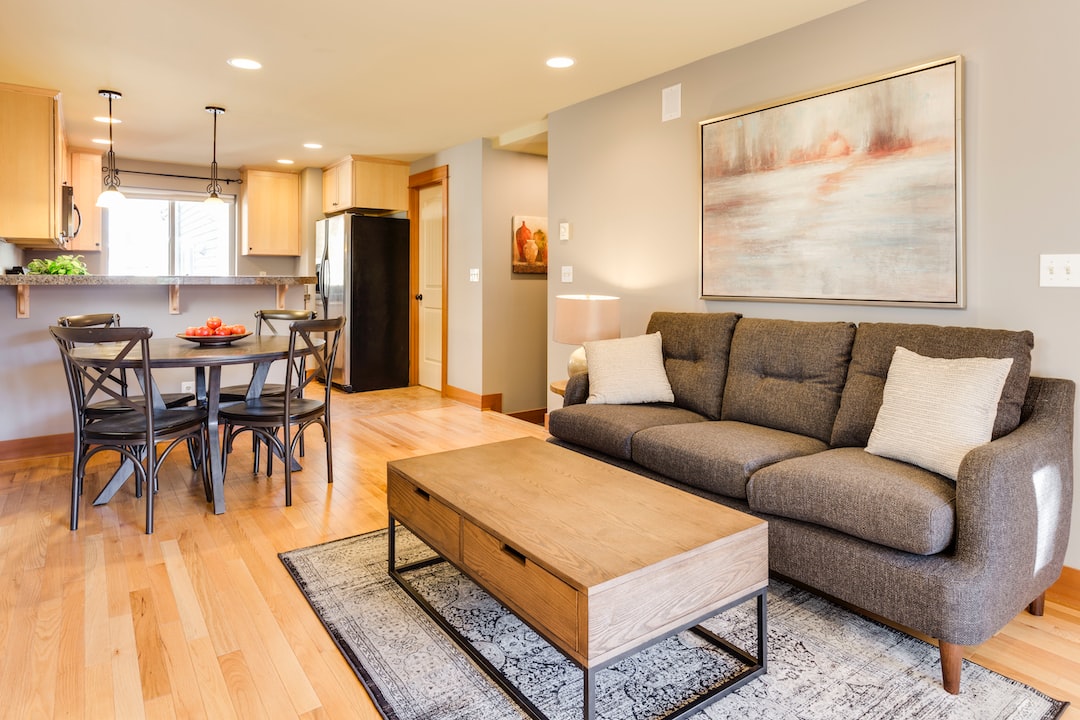What to Consider When Buying a Vacation Home
Owning a vacation home is a dream for many people. It provides the perfect getaway whenever you need a break from the monotony of daily life. Whether it’s a cabin by the beach, a cozy cottage in the mountains, or a villa in a picturesque town, a vacation home can be your personal sanctuary. However, before taking the plunge and purchasing your own piece of paradise, there are a few important factors to consider.
Location is the key factor when buying a vacation home. First, you need to determine if you want to be close to your primary residence or if you are open to explore new areas. If you prefer convenience and the ability to make short trips to your vacation home, choosing a location within a few hours’ drive may be ideal. On the other hand, if you are looking for an adventure and are willing to travel to a new destination, you have a wide range of options to choose from. Consider whether you want a beachfront property, a secluded cabin in the woods, or a home in a bustling city. Each location offers a unique experience, so research thoroughly to find a place that aligns with your lifestyle and interests.
Another crucial aspect to consider is how much time you plan to spend at your vacation home. If you intend to use it only a couple of times per year or during specific seasons, renting it out as a holiday home can be an excellent way to generate income and offset the costs of ownership. You can hire a property management company to handle the rentals, but be prepared for the additional responsibilities that come with this option, such as maintenance and ensuring a positive guest experience. Conversely, if the primary purpose of your vacation home is to create a peaceful retreat for yourself, then prioritizing privacy and tranquility might be more important than rental potential.
Budget is always a pivotal factor in any purchasing decision, and buying a vacation home is no exception. Alongside considering the purchase price, it is crucial to account for other expenses such as property taxes, insurance, maintenance, utilities, and potentially even homeowner association fees. It is also beneficial to estimate the costs of furnishing and decorating your vacation home to create a comfortable living space. Keep in mind that your financial situation should allow for the ongoing costs associated with owning a second property.
Finally, consider the availability of local amenities and attractions in your chosen location. Are there nearby recreational activities that align with your interests? Will you have access to services such as healthcare, grocery stores, and restaurants? These factors can greatly influence your overall vacation experience and the convenience of owning a second home.
Purchasing a vacation home requires thoughtful consideration and research. By carefully considering the location, usage plans, budget, and local amenities, you can make an informed decision that will provide you with years of joy and relaxation. Remember, a vacation home is not just a property; it’s an investment in creating lasting memories and a place to escape from the everyday stresses of life.

